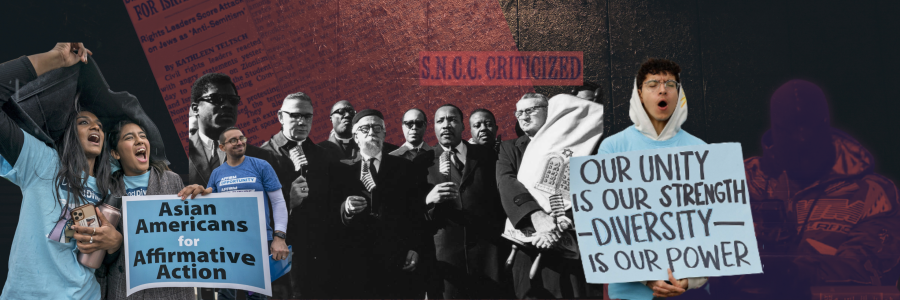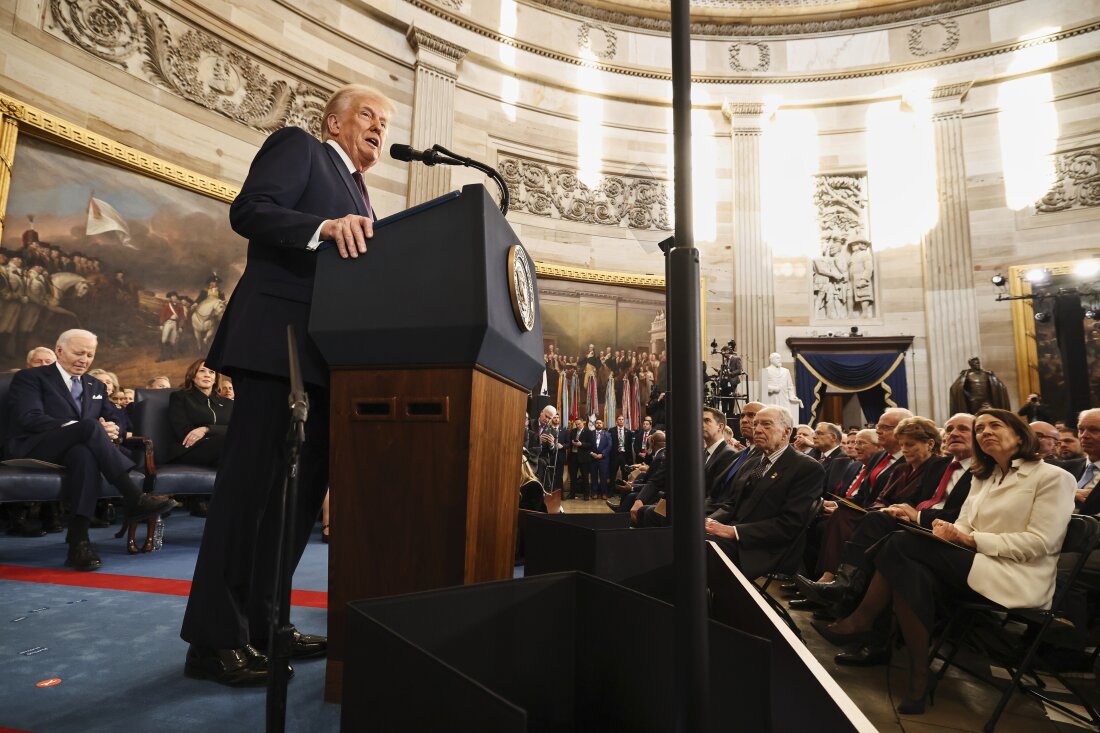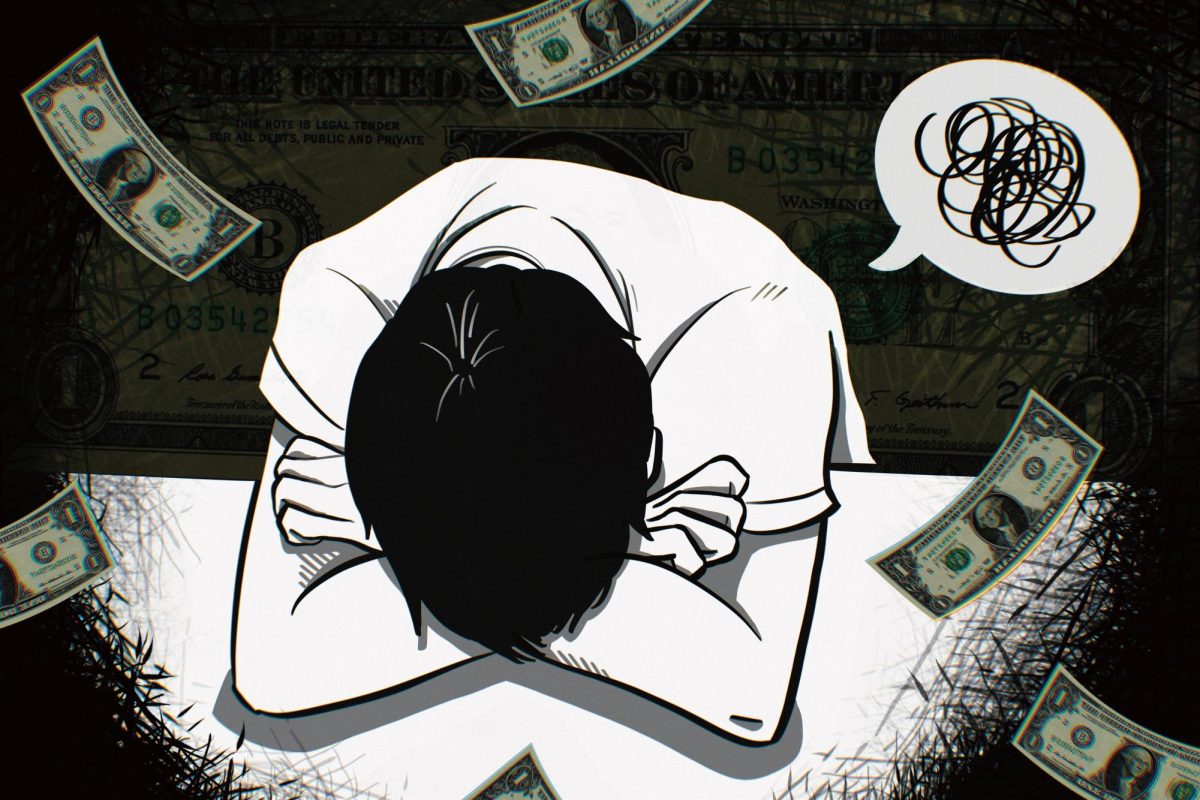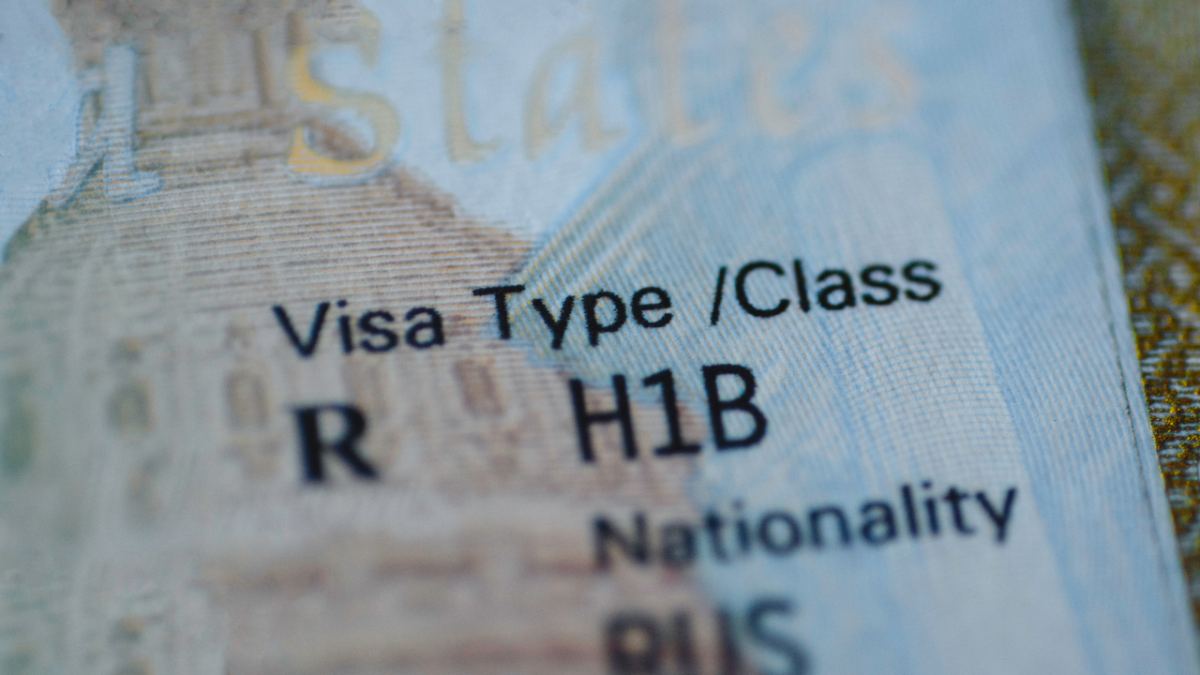Can the oppressed counter the oppressor…
Clashes like the one started and exacerbated by Ye West and his dangerously antisemitic dictums as of late continue to threaten the racialized Jewish community. Rather than seeking unity between marginalized groups, West plays an explosive blame game.
While being extremely harmful to Black social justice movements against systematic oppression and racial stratification in the 20th century, antisemitism has since pervaded the rhetoric of those like West, who are themselves to blame for their recent failures rather than the Jewish people. West’s downfall stems from, among many statements, his idolization of Hilter. This hatred and division has continued to hold back advancement in many communities including the Black community.
In 2002, the U.S. witnessed exactly how antisemitism held back marginalized communities. That year, Newark mayoral candidate Cory Booker lost among Black voters despite his activities towards their advancement in part due to antisemitic attacks against him. Cory Booker launched a campaign against incumbent Sharpe James for the mayoral position of Newark. Booker was then a fresh face, with extremely progressive ideas for the time. With a personality that exuded erudite charisma, Booker was quickly able to gain the support of minority Black areas within Newark. But in the majority Black areas, he faced many litmus tests, primarily about his racial background, monetary status, and his religion.
From the outset of campaign season, James continuously portrayed Booker as a rich and out-of-touch carpetbagger because of his privileged upbringing. But when these attacks failed to stall Booker’s success among Black civilians, he resorted to antisemitic threats. By labeling Booker as ‘a Jew,’ James was able to draw on decades of generational tensions between the two ethnic groups.
These conflicts started on the topic of Zionism in the 1960s in parallel to united minority Americans racing to achieve racial justice. But somewhere along the way, racialization started to precede justice. Outside politics pervaded the realm of civil rights and racial reforms. Among these issues was the Arab-Israeli conflict. Though initially, anti-Israeli sentiment was seen as a political stance, the rhetoric surrounding Black opinions on Israel became more antisemitic in nature. Starting in the summer of 1967, a youth-centered civil rights group called the Student Nonviolent Coordinating Committee (SNCC) started facing serious backlash from the Jewish community. This outrage intensified considerably as SNCC’s anti-Israeli government rhetoric had slowly dissolved into general stereotyping of Jewish Americans.
When Booker exposed James’ million-dollar income and corruption, James responded with rhetoric that implied that their constituents could not and should not trust Cory Booker because he was supposedly Jewish; though in reality, Booker was Baptist just like James. While this was a clever political strategy that showcased James’ nuanced understanding of strained Jewish and Black relations, it diverted the people’s attention from James’ own incapability to improve their communities and the city of Newark. The predominantly Black city fell for antisemitic tropes that led to Booker losing the 2002 election though he won a rematch four years later.
Throughout the years, the refusal of Black America to work with Jewish America has led to many missed opportunities to advance the causes of both of these communities within the U.S.. While a Human Rights Watch exposé contains undeniable evidence of Israeli imperialism, calling it an “apartheid,” it is a complete non-starter to expand these criticisms beyond those of the governments’ treatment of the Palestinian people and minority Jewish communities. If a Jewish person is a conservative, colonial, racist and imperialist Zionist, that view should be open to rebuttal and critique. But that position does not make acceptable any assault on them based on their faith. It does not merit any questioning of his character based on racialized stereotypes.
As an Asian-American, I see my own community weaponizing an axis of division and anti-Blackness to rail against affirmative action but these divisive thoughts hurt us all. From civil rights to liberation to reparations, the only way to achieve all of our goals is to fight the oppressor before assassinating the character of the fellow oppressed.
Images courtesy of NYT, Atlanta Jewish Times, Francis Chung of Politico, AP. Graphic by Sparky Mitra for The UCSD Guardian






















Terraria • Feb 14, 2023 at 7:45 pm
Play helpful and relaxing games like Terraria
eva • Jan 11, 2023 at 11:43 am
I honestly don’t see why more people haven’t done this given that I work two shifts, two during the day and two during the evening. And I surely received a $29,000 check. Being able to work from ac51 home allows me to spend more time with my children, which is wonderful.
.
.
See this article for further details—————————————>>> WORK AT HOME
eva • Jan 11, 2023 at 11:41 am
https://netcash247.pages.dev
eva • Jan 11, 2023 at 11:39 am
I honestly don’t see why more people haven’t done this given that I work two shifts, two during the day and two during the evening. And I surely received a $29,000 check. Being able to work from ace08 home allows me to spend more time with my children, which is wonderful.
.
.
See this article for further details—————————————>>>
ave • Jan 9, 2023 at 10:59 am
Google pays a salary of $320 per hour. My most recent internet earnings were $9,500 for a 40-hour work week. The friend of my younger brother says he works for approximately 30 hours a week and earns an average pay of $29,000. How simple things used to be still amazes me. More information is available. In this article,
…
you may find———————————————>>> http://hoo.gl/yKd7